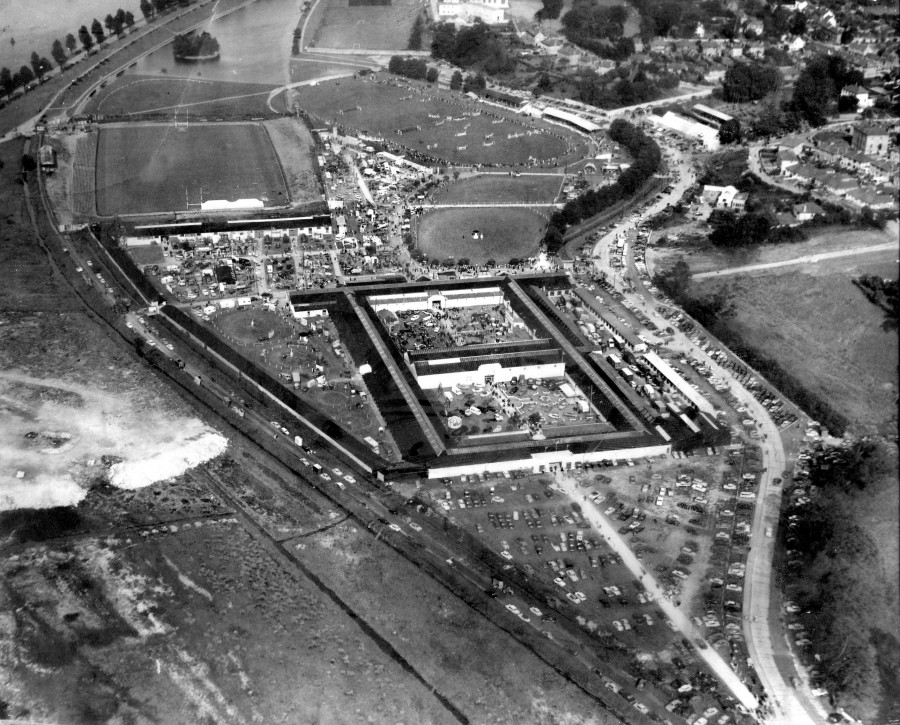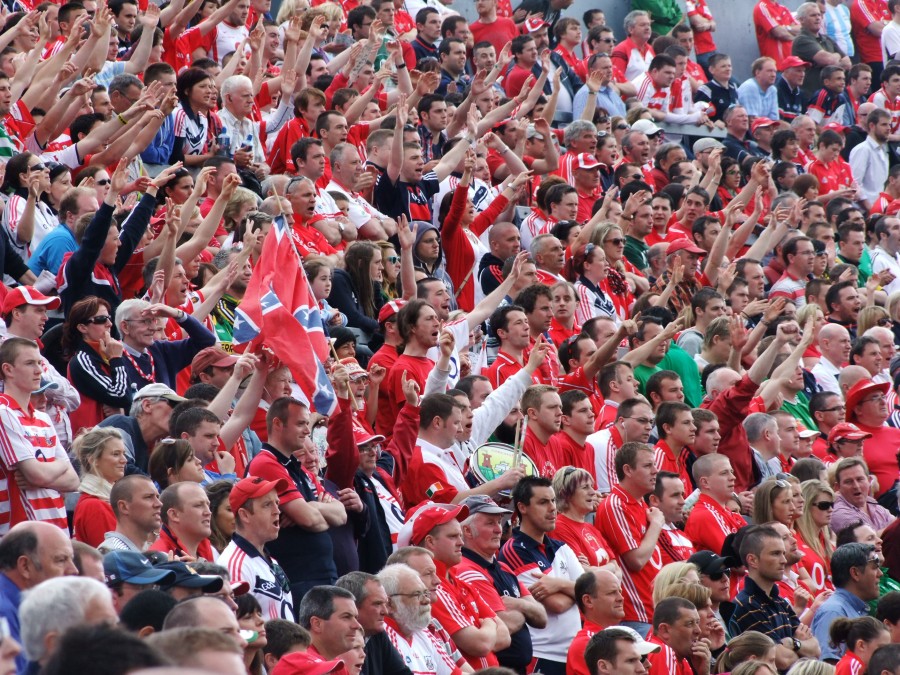Kieran’s Our City, Our Town Article,
Cork Independent, 28 February 2019
Tales from 1919: The Gaels of the GAA
This week one hundred years ago on 24 February 1919, the annual convention of the hurling and football clubs affiliated to the Cork County Board, Gaelic Athletic Association was held at the Council Chamber, City Hall. Mr J McCarthy (Chairman) presided and there was a large attendance of delegates from the different clubs, as well as members of the County Board. Outgoing officers were unanimously re-elected such as prominent Sinn Féin activist and MP Mr J J Walsh. Positions to the Munster Council, Munster Convention and to the All-Ireland Convention were appointed.
Senior hurling championship medals were then presented to the winners, Carrigtwohill, and the Chairman remarked that Carrigtwohill deserved the honour, for their hard work and training. The runners-up Blackrock Hurling Club were also presented with a set of medals for which Mr Dorney returned thanks and shared his hope that Blackrock would be further successful in the season to follow. Cove, the winners of the senior football championship, were also congratulated.
The Chairman, Mr McCarthy, spoke at some length on the progress of the Cork Branch of the Gaelic Athletic Association and reviewed the year’s work. His account gives several insights into the development of the Cork branch 100 years and threads from that history, which are still very present today especially regarding player selection, fundraising and the aspiration to own a premises and site they could own outright.
The meeting agreed to start the inter-county championship on the first Sunday of April. A motion was discussed, which was referred to the Cork County Board – that “the senior teams be divided into four divisions, and that two Sundays, within a month previous to first inter-county match be set aside for the purpose of three trial matches between teams selected from each division; that two matches be played on the first Sunday and the final on the following Sunday, and that the inter-county team be selected from the players taking part in the match”.
A decision was made to create a referee’s association to be comprised of four members of each division of the County of Cork in the games of hurling and football, and 10 members of the City clubs.
On the effects of the First World War Mr McCarthy commented that despite “repressive regulations” around attempts to stop GAA events linked to political activism and militantism and the lack of railway facilities due to war, many matches did go ahead. He spoke of the support given by the GAA in the fight against conscription. However, there were several players who chose to fight at the front. He recalled the National Aid matches, which were fundraisers to send supplies to the War’s front lines. The games in aid of the widows and orphans of drowned seamen of Cork steamers though obstructed by the police authorities, also realised a respectable amount.
On the Cork branch’s investment in railways, the Chairman noted his view that some people seemed to think as the Government had control of the railway’s, that the Cork County Board should have no shares in any such railway company. That he believed was a very two-sided question. The reason the Board originally put some money into the Great Southern and Western Railway Company was in order that they might have a voice in train arrangements and facilities in connection with their matches.
On attaining their own grounds, one of the city’s prominent doctors Dr Saunders noted that steps should be taken by the Cork County Board to purchase the Cork Athletic Grounds and make that venue their own property. Since 1892, the GAA had leased grounds, which were adjacent the Cork Park Racecourse and the Munster Agricultural Society Grounds. The site is now that of Pairc Uí Chaoimh.
The Vice President of the Cork Branch Mr Thomas Dooley said from his knowledge of the present shareholders of the grounds, he was certain they would place no obstacle in the way of the County Board purchasing the grounds and running them for their own benefit and the benefit of the “Gaels of the city and county”. The shareholders were to be consulted on the matter.
On taking a political standpoint, the main agenda item was to consider a motion adopted by the Central Council regarding the Oath of Allegiance for civil servants, which had been introduced in November 1918. The motion read: “That it is incompatible with the principles of the Association for any member to take the oath of allegiance, and any member having done so is hereby relieved of membership pending the next All-Ireland Convention”.
The Chairman said the delegates from Cork to the All-Ireland Convention should listen to both sides of the question. He had received a statement in Irish and English from those affected by the regulation in Dublin. The Chairman’s personal view was that he believed the men effected by the rule in question had nothing to do with the administration of British law in the country, like soldiers, sailors, policemen and magistrates, and the oath should be omitted from taking in the wider civil service.
Dr Saunders moved, as an amendment that the Cork delegates should be bound to support the action of the Central Council but also the men effected; “There were men who had refused to take the oath, and they should not go back on those men who had sacrificed everything”.
The upshot of the debate was that the Cork GAA were against the oath of allegiance in principle, but so far as it applied to civil servants. Their delegates would find out more at the ensuing All Ireland Convention and the effect of the oath overall.
Missed a column last year, check out the indices at Kieran’s heritage website, www.corkheritage.ie
Kieran is also showcasing some of the older column series on the River Lee on his heritage facebook page at the moment, Cork Our City, Our Town.
Captions:
986a. Aerial view of former Cork Showgrounds, Ballintemple, with GAA Grounds, 1972; the grounds show the pre Pairc Uí Chaoimh site and a pitch which served the Cork GAA from 1892 to 1976 until the first stadium was constructed (source: Munster Agricultural Society Archives)
986b. Pairc Ui Chaoimh Crowd, Cork-Kerry Football Match June 2012 (source: Kieran McCarthy)

